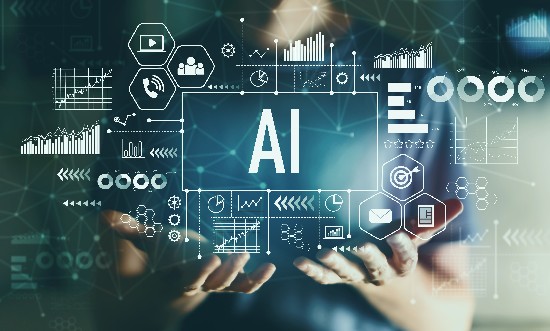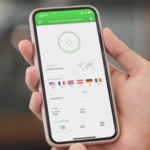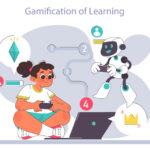In her book, The Worlds I See, Fei-Fei Li, who heads up Stanford University’s Human-Centered Artificial Intelligence (AI) initiative, describes how she learned about the challenges modern healthcare providers face because of information overload.
Her work with AI image recognition is world-famous. But until she had to deal with a medical emergency involving her mother who had asked her to explain the work she was doing, she had a sudden epiphany. Her mother had been ill with a heart condition for much of her life and Li realized that she could apply her work with AI to help with the medical challenges faced by her mom and others. Shortly after when she was invited to a presentation of a remote ICU monitoring solution, she learned about the realities of current medical practice. In her book, she quotes the presentation:
“No one likes to think about mistakes in health care, but they pose constant threats to hospital patients. Infections, misplaced surgical tools, drug mix-ups, dosage mistakes, even something as simple as an elderly patient falling. Tragically, these lapses are responsible for approximately a hundred thousand fatalities a year, most of which are entirely preventable.”
The “common denominator” of these mistakes was a lack of continuous attention and awareness of the patient’s condition all the time even with all the equipment and monitoring technology in use. Did applying more monitors and sensors mean better health outcomes? Unfortunately, these devices were only as helpful as the humans given the responsibility to watch them and respond. More technology meant more data. The amount could be overwhelming. Li thought that AI could bridge the attention and awareness deficit when overwhelmed healthcare providers failed to catch one of those mistakes.
As a leading authority on AI algorithms and neural networks used in image recognition, Li’s work has led to advances like the development of large language models (LLMs) trained on millions of data records. One of those LLMs is one you may be familiar with, ChatGPT.
Li’s research has turned ambient intelligence into helpful solutions in other fields. So why not for ICUs and palliative-care units which face numerous challenges? The data collected by hospitals and other healthcare facilities today is far from uniform even though these institutions seek common objectives, to ensure patient safety and wellness. The data reflects the biases of its producers. That’s why Li recognized she would have to get all caregivers in the same room to hammer out commonalities before developing an AI solution.
Li believes that the work she is currently doing with AI will save patients’ lives and hospitals money. It applies to both the operational side of healthcare delivery as well as to preventing medical errors, helping manage triage, monitoring home care remotely and effectively, and ensuring procedures are done when needed and performed accurately. One area of particular interest is radiology where already AI machine learning is showing it to be a better diagnostician than most radiologists.
Li believes we are only at the beginning which will “lead to a watershed moment. In the end, it’s about a human-centred approach. Health care is ultimately about human dignity, and we can use AI to help uphold that principle.”
Can AI Stop People From Getting Heart Attacks?
In a recently published article appearing on the website Medical Xpress, it describes the work being done by Xavier Jouven, Professor of Cardiology and Epidemiology, at the University of Paris. He is the lead author of a study that was presented at the American Heart Association’s Resuscitation Science Symposium that took place in Philadelphia earlier in November.
This research used AI to study a database of 25,000 patients who had died from sudden cardiac arrest. The AI looked at more than a million hospital diagnoses and 10 million prescriptions gathered from the medical records of these 25,000 to create a sudden cardiac death high-risk profile.
It then looked at the general population record of 70,000 patients, matching them to the 25,000 by age, sex, location, and personal health factors such as history of heart disease, treatment for high blood pressure, and behavioural disorders such as smoking and levels of alcohol consumption. AI provided a medical prognosis for the 70,000 identifying those with a 90% or more risk of dying from a sudden cardiac event.
States Jouven, “We have been working for almost 30 years in the field of sudden cardiac death prediction, however, we did not expect to reach such a high level of accuracy. We also discovered that the personalized risk factors are very different between the participants and are often issued from different medical fields (a mix of neurological, psychiatric, metabolic and cardiovascular data), a picture difficult to catch for the medical eyes and brain of a specialist in one given field.”
Jouven and Li describe the same benefits derived from using AI’s attention and awareness when presented with millions of data records to find commonalities. Using AI this way is ground-breaking and should produce healthier patients and make the job of healthcare providers more rewarding. It’s an AI-produced win-win.

















[…] Fei-Fei Li is a leading authority on AI, machine learning, and deep learning computer vision. She created ImageNet and the ImageNet challenge that used crowdsourcing to expose an AI neural network to enormous image datasets to overcome the limitations that Madry observed a mere four years ago. […]